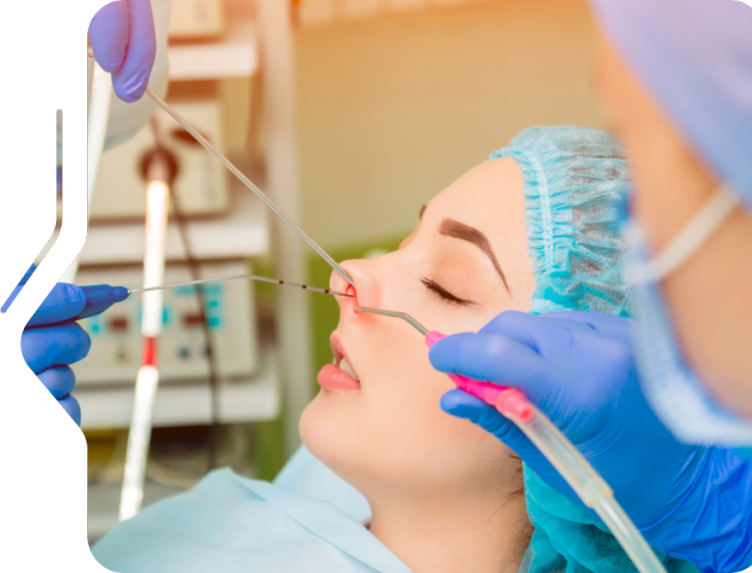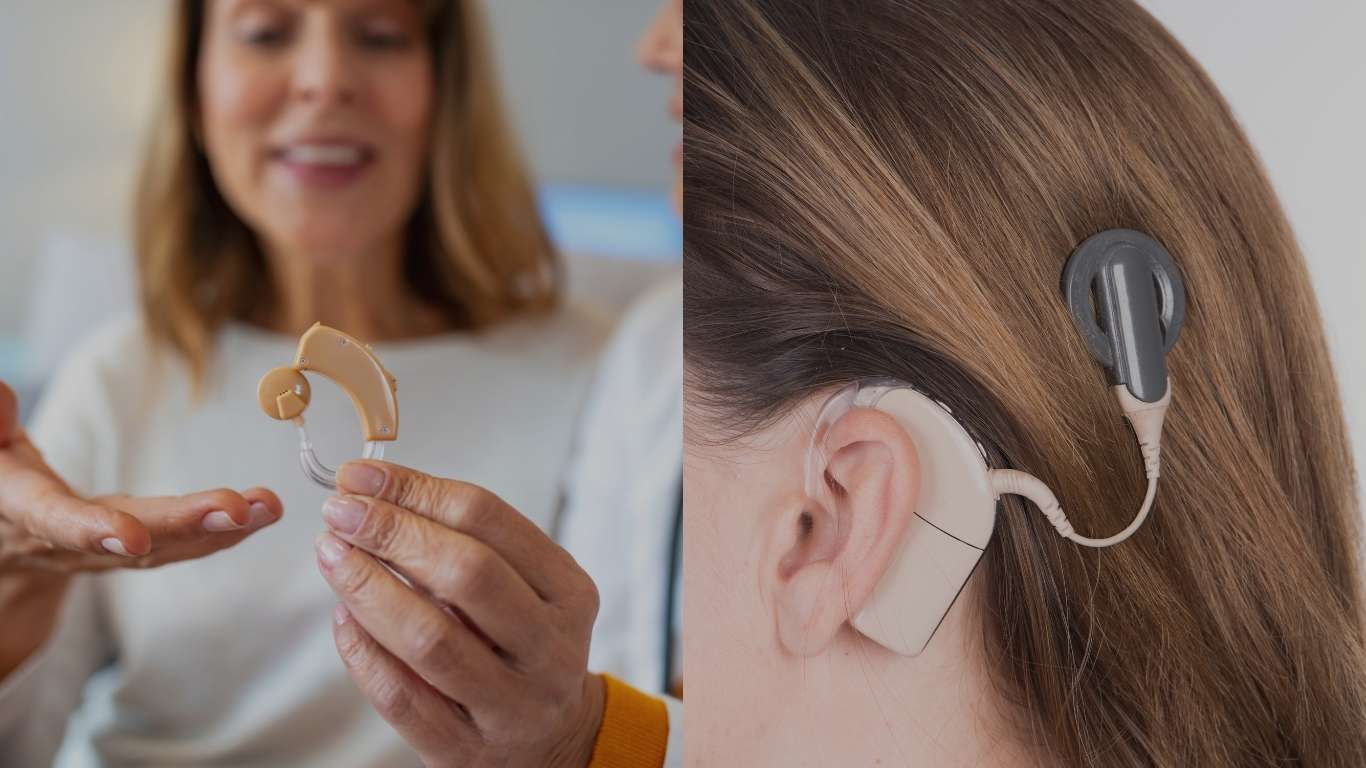Ask the Specialists
Sinusitis

Sinusitis is an inflammation of the lining of the sinuses, often caused by infections, allergies, or nasal polyps. Symptoms include facial pain, nasal congestion, headache, and reduced sense of smell. It can be acute or chronic and may require medical treatment if symptoms persist.
Diagnosis and Treatment
Diagnosis of Sinusitis
Diagnosing sinusitis typically involves a combination of the following methods:
- Physical Examination: Your doctor will examine your nasal passages and throat for signs of inflammation and discharge.
- Medical History: Discussing your symptoms, duration, and any previous episodes of sinusitis can provide valuable information.
- Nasal Endoscopy: A thin tube with a camera is inserted into the nasal passages to get a clear view of the sinuses.
- Imaging Tests: CT scans or X-rays may be ordered to visualize the sinuses and check for blockages or structural issues.
Treatment of Sinusitis
Treatment options for sinusitis vary depending on the cause and severity. They may include:
- Decongestants: These help reduce nasal congestion and improve airflow.
- Nasal Corticosteroids: Prescription nasal sprays can help reduce inflammation in the nasal passages.
- Saline Nasal Irrigation: Rinsing the nasal passages with saline can relieve symptoms and promote drainage.
- Antibiotics: If a bacterial infection is suspected, antibiotics may be prescribed.
- Surgery: In chronic cases that do not respond to medication, surgery may be necessary to improve sinus drainage.
Preventive Measures
Preventive Measures for Sinusitis
Taking preventive steps can help reduce the risk of developing sinusitis. Here are some effective measures:
- Stay Hydrated: Drinking plenty of fluids helps thin mucus and promote drainage.
- Manage Allergies: Identify and avoid allergens that trigger sinus problems, and consider using antihistamines.
- Avoid Smoking: Smoking and exposure to secondhand smoke can irritate the nasal passages and lead to sinus issues.
- Practice Good Hygiene: Wash your hands frequently to reduce the risk of respiratory infections.
- Use a Humidifier: Keeping the air moist can prevent the nasal passages from drying out and becoming irritated.
- Limit Exposure to Pollutants: Avoiding air pollution and strong odors can help protect your nasal passages.
Sinusitis is the inflammation of the sinuses, which can be caused by infections, allergies, or other factors. It leads to symptoms such as facial pain, nasal congestion, and headache.
Common symptoms include nasal congestion, thick nasal discharge, facial pain or pressure, reduced sense of smell, and headache. Fever and fatigue may also occur.
Diagnosis typically involves a physical examination, review of symptoms, and may include imaging tests like CT scans or nasal endoscopy to visualize the sinuses.
Treatment options may include decongestants, nasal corticosteroids, saline nasal irrigation, antibiotics (if bacterial infection is suspected), and in some cases, surgery for chronic sinusitis.
Preventive measures include avoiding allergens, practicing good nasal hygiene, managing allergies, and staying hydrated to keep the mucous membranes moist.



